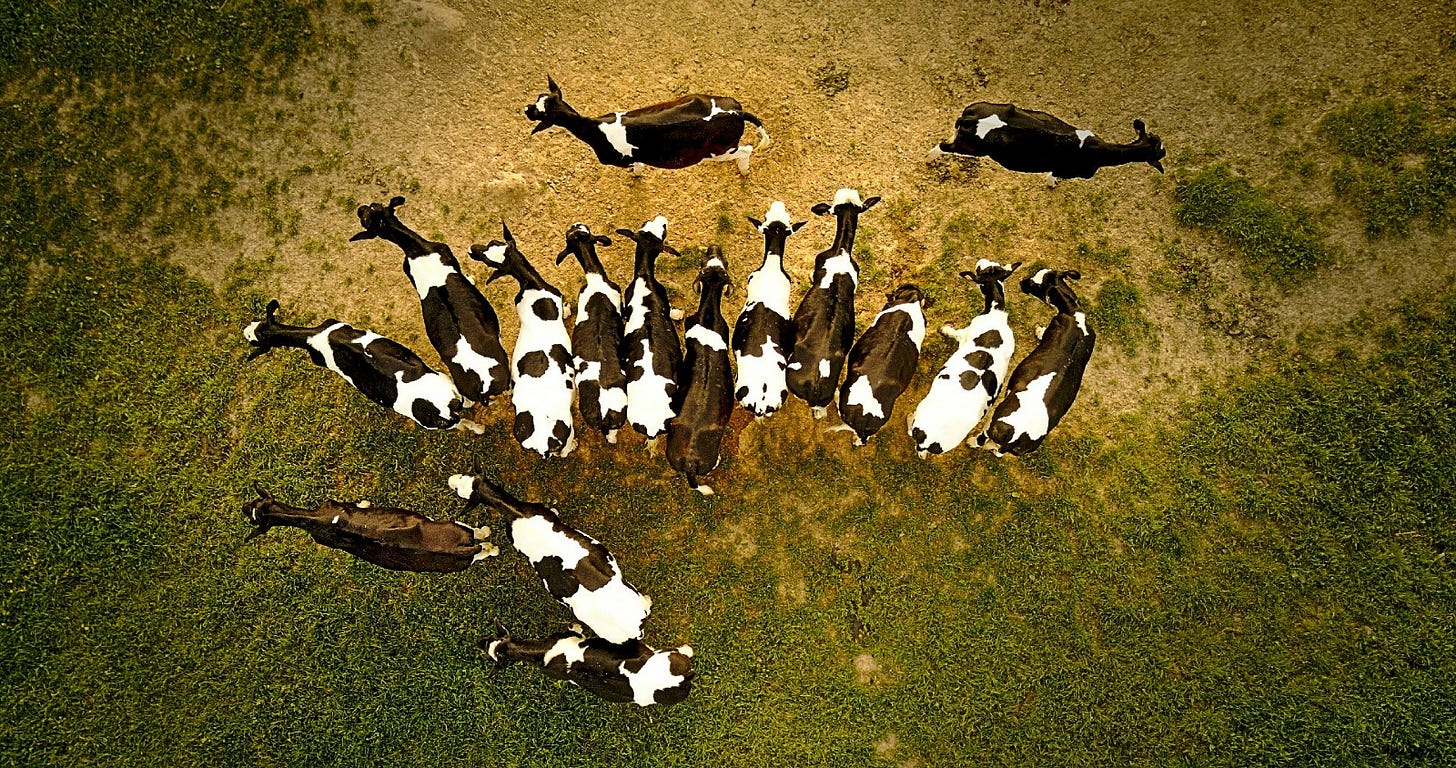Why Our Population Boom Must End
Here’s why the next thirty years will be different from the last seventy and what that means for you.
Every ecologist knows a simple truth. Nothing in nature grows forever.
I learned this for myself studying woodlice for my PhD, watching their populations surge when conditions were good, then crash when they hit resource limits. These humble creatures taught me more about humanity's future than any economic theory.
So here is the uncomfortable reality.
Human numbers are still climbing by 8,000 per hour after more than 200 years of dramatic surge in numbers.
Technology enthusiasts and growth economists tell us not to worry—human ingenuity will find a way. However, as someone who has spent decades studying population dynamics in nature, I know finding the way will be tough, perhaps impossible.
Let me share why this matters to you.
In the entire history of life on Earth, no single species has ever managed to appropriate as much of the planet's resources as we have. The numbers are staggering.
Humans and our livestock now comprise 96% of all mammal biomass on Earth. Wild mammals—everything from mice to elephants—account for just 4%.
Think about that for a moment.
Every wild mammal you've ever seen, from urban squirrels to gorillas on David Attenborough documentaries, represents a tiny fraction of Earth's mammalian life. The rest is us and our food.

This unprecedented dominance happened in what ecologists call the Great Acceleration, the post-1950 period when everything about human civilisation went exponential. Population, energy use, resource consumption, and environmental impact all shot skyward.
But here's what most people miss and why it matters.
This isn't normal. It's the most abnormal period in human history.
For 290,000 years, we lived within nature's limits. Then, we figured out how to extract ancient sunlight stored as fossil fuels. This one-time energy pulse allowed us to break free from ecological constraints. We could grow more food, aggregate in cities, and support more people than ever.
The results transformed human society.
My grandmother grew up washing clothes by hand and died in a world of smartphones and video calls. This kind of change—compressing centuries of development into decades—has never happened before and is unlikely to happen again.
How can I be so sure? Because I've seen this pattern before.
In laboratory experiments, give any organism unlimited resources and freedom from predators, and you'll see exponential growth. The population curve looks like human growth since 1950—a hockey stick shape shooting upward.
But in every case, without exception, that growth stops.
Either the population smoothly levels off at carrying capacity (the S-curve), or it overshoots and crashes. There are no other options in a finite system…
…and the Earth is the ultimate finite system.
Right now, we're using fossil fuels to temporarily expand Earth's carrying capacity for humans. But these fuels are finite, and their use has consequences. Climate change is just one symptom of hitting planetary boundaries.
Does this mean doom and gloom?
Not necessarily. Unlike my woodlice, humans can think ahead. We can see the limits approaching and choose how to respond. But first, we must accept the fundamental truth that the Great Acceleration cannot continue.
This reality triggers huge tension.
Over 3.3 billion people still live on less than $10 per day. They desperately need access to more resources and energy—the very things we in wealthy nations must learn to use less of.
Ensuring humans flourish while respecting planetary boundaries is humanity's grand challenge. There are no easy answers, but the first step is acknowledging where we are.
As a mindful sceptic, I see both the unprecedented achievement of human civilisation and its precarious position.
We've accomplished something remarkable. We must achieve something even more impressive and learn to thrive without endless growth.
Want to explore this crucial transition in depth?
The Mindful Sceptic newsletter examines these challenges through the lens of evidence-based optimism. We cut through both denial and despair to understand what comes next.
Join us in asking the essential questions…
How do we ensure everyone's needs are met in a post-growth world?
What does progress look like without expansion?
How can we be mindful sceptics facing humanity's greatest challenge?
Together, we'll explore the problems and the solutions that can create a flourishing future for all.





